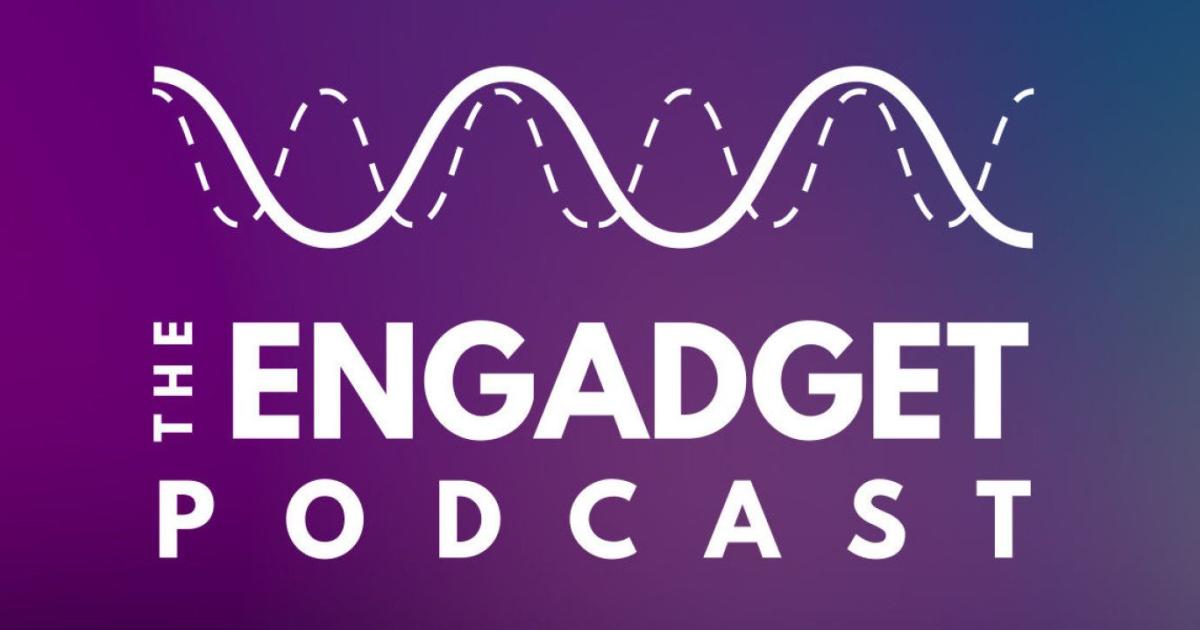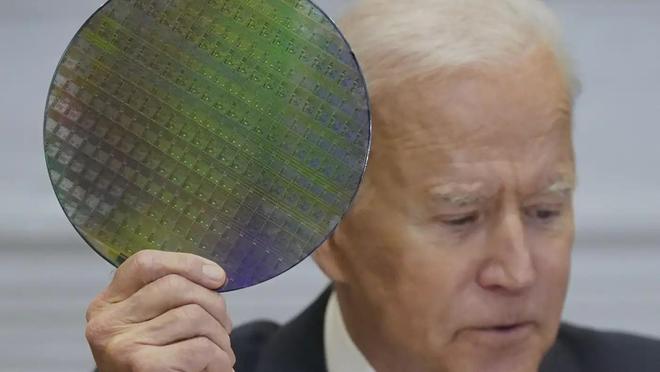Asia-Pacific scooped up $41.8 billion in fintech investments during the first half of the year, amidst a dip in the global figure to $107.8 billion. The payments sector drew the bulk of investments, followed by crypto and blockchain, which raked in $14.2 billion.
Global fintech investments dropped from $111.2 billion in the second half of last year, with 2,980 deals inked in the first half of 2022, according to KPMG’s latest Pulse of Fintech report. The figures comprised venture capital, private equity, and merger and acquisition (M&A) deals.
The Americas drew in $39.4 billion of overall investments, down from $59.7 billion in the second half of last year, while EMEA raked in $26.6 billion, compared to $31.6 billion in second-half 2021.
Asia-Pacific’s total investments had more than doubled in the first half of the year, up from $19,2 billion in the second half of 2021, fuelled by Block’s $27.9 billion acquisition of Australian buy now, pay later services provider Afterpay.
Across the board, venture capital investments dipped to $52.6 billion in the first half of 2022, where the Americas accounted for $27.2 billion and EMEA pulled in $16.6 billion. Asia-Pacific’s venture capital investments clocked at $8.7 billion, but saw robust M&A transactions that hit $31.8 billion in deal value.
Apart from Afterpay, the region also saw other large merger deals including KKR’s $2.1 billion buyout of Japan’s financial software vendor, Yayoi, and the $1 billion merger of Superhero and Swiftx in Australia.
According to KPMG, the payments sector chalked up $43.6 billion in global investments during the first half of 2022, compared to $60.3 billion for the whole of 2021.
Venture capital investments in Asia-Pacific were somewhat distributed and included $690 million raised by Singapore’s Coda Payments as well as $300 million by Indonesia’ Xendit. India’s fintech firms Stashfin and Oxyzo raised $270 million and $237 million, respectively.
China’s fintech investment remained soft in the first half of 2022, with the largest deal inked by corporate spend app platform Fenbeitong, which raised $140 million in Series C+ round.
Singapore’s fintech funding dipped 15% to $2.14 billion in the first half, compared to $2.51 billion chalked up in the second half of 2021, amidst greater investor caution due to market developments.
Cryptocurrency funding in the Asian market dropped by more than half its value to $539.1 million, down from from $1.3 billion in the second half of 2021 when crypto investments had hit a record number. The sector also saw some consolidation with seven exit or merger deals, KPMG noted.
While Singapore’s overall fintech investments for the first half of the year did drop compared to the second half of 2021, the figure reflected a 64% climb when compared to the same period last year, which saw $1.31 billion in combined deal value. This indicated “continued confidence” in the potential of fintech developments in fuelling growth and innovation for the financial sector, said KPMG.
Its global head of financial services innovation and fintech, Anton Ruddenklau said: “2021 was a banner year for the fintech market globally, which makes the first half of 2022 seem slow by comparison. In reality, many sectors within the fintech market have shown strength and resilience. While the fintech market will likely be quite challenged in the second half of 2022, due to global uncertainty and broader economic concerns, fintechs will likely continue to attract significant attention and investment–if at lower levels than last year.”
However, with challenges expected to play out through the year, including geopolitical uncertainty and rising inflation and interest rates, KPMG said the fintech market could see activities slowing considerably. While it anticipated fintech investments to remain resilient in key areas such as B2B payments, cybersecurity automation, and data-driven analytics, the consulting firm noted that deals could take longer to complete as investors grew more critical of opportunities.
Anton said: “With valuations coming under pressure, fintech investors are going to enhance their focus on cash flow, revenue growth, and profitability, which could make it more difficult for some fintech firms to raise funds. M&A activity, however, could see an uptick as struggling fintech firms look to sell rather than hold a downround, corporate and private equity investors move to take advantage of better pricing, and well-capitalised fintech firms look to take out the competition.”
RELATED COVERAGE
- APAC took in almost a third of global $670B private investments
- Singapore fintech investments hit $3.9B, fuelled by crypto
- Singapore to pilot digital asset trading with blockchain, tokenisation
- SEA unicorns creating new wave of entrepreneurs, startup capital
- Ethereum most popular cryptocurrency amongst Singapore investors
Note: This article have been indexed to our site. We do not claim legitimacy, ownership or copyright of any of the content above. To see the article at original source Click Here












